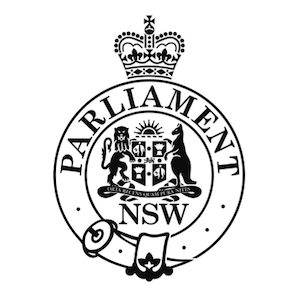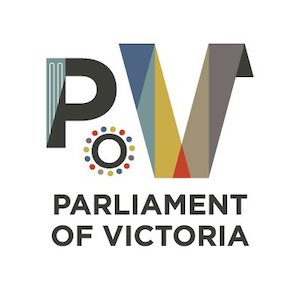Parliamentary Committees are the backbone of our Parliament.
They scrutinise problems and policy as MPs on these committees develop expertise in their particular subject areas, bringing an informed view to the consideration of legislation.
At their best, they showcase elected representatives from all sides working together on the in-depth exploration of issues and the bi-partisan development of sound recommendations on challenging issues.
They are the part of the Parliament we should most want citizens to see, yet they are the part least visible.
The committees can be hindered by limited community engagement that makes them opaque to members of the public while also drawing heavily on active special interest groups as the primary focus for their evidence.
This can leave Committee members wondering what the views of everyday citizens would be if they were exposed to the same evidence being reviewed by MPs.
The community’s expectations about the kind of participation they have with their decision-makers has changed. Citizens are less trusting of Government and are now more engaged on issues that affect them and their community. They now expect to be involved in a range of ways that allow them to contribute to decisions that impact them. This enthusiasm can be productive as long as we can provide a format that is grounded in evidence and considered conversation.
These developments raise three basic but connected problems:
- There are a wide range of views in the community, often all wanting different outcomes.
- Everyday people, without the time or incentives to read widely, lack the technical competence to make judgments about what policy decisions will have what impact.
- The people who do contribute to community meetings or are invited to give evidence at parliamentary inquiries are, more often than not, not very representative of the wider community.
These challenges are interlinked and pose an ongoing problem for our committee inquiries if not directly addressed. As they stand, they risk leaving the impression that parliament does not reflect what everyday people view as fair, further eroding trust in members and our institutions.
This paper introduces to Committee Chairs a new set of inquiry elements, made available to the NSW Parliament’s Committees, to address emerging challenges using deliberative processes.
These methods combine democratic lotteries that select a representative mix of everyday people with deliberative exercises that help them listen, weigh expert testimony, apply critical thinking, understand biases, have honest conversations, and find common ground.
Three different process options are offered to cover a range of common situations that Chairs find when exploring an issue, such as:
- The public submissions are mostly composed of active special interest groups, and the Chair and members would like the additional input of a view from everyday community members on additional sources of information and questions they want answered.
- The issue being considered is contentious, controversial or very polarised, and the Chair and members would like to involve an informed group of everyday people to discover where they can find a balance on public proposals.
- The issue being explored is very contentious or involves significant trade-offs, and the Chair and members would like to see how citizens would answer the question. This involves having everyday citizens identify and explain critical trade-offs with the aim of increasing public trust in potentially controversial recommendations.
Each of these 3 processes will provide a genuine and meaningful role for citizens while:
- Ensuring that their work is complementary and fully integrated to the Committee’s process, and not something occurring ‘outside’ or in parallel.
- Continuing the Committee Chair’s clear and visible role as the primary decision-maker.
- Being mindful that bringing non-MPs into the Committee process must not create incentives or opportunities for ‘lobbying’ of the group.
Any changes that are made to the inquiry process to involve the wider community must meet these key outcomes:
- The people we include in our inquiry processes are genuinely representative of the wider community.
- We provide a transparent and fair opportunity for these people to meaningfully contribute to outcomes.
- The people we involve in the process become public champions of the innovations we make.
An answer to these problems that has been proven to meet these outcomes is the increasing use of deliberative engagement practices around the world. Deliberative methods, whether used here in Australia or overseas in Ireland, improve transparency and policymaking by bringing the perspectives of everyday people, their knowledge and their skills to Parliament. They come recommended by the United Nations Democracy Fund (UNDEF) and The Organisation for Economic Co-operation and Development (OECD), who in 2020 published a report noting a ‘Deliberative Wave’ with over 750 projects in OECD nations assessed.
Parliamentary committees are already deliberative in nature – taking time to consider a range of sources and perspectives and aiming for a considered common ground response to a complex problem. This means that integrating a role for deliberative citizens’ process is natural and straightforward.
The aim of the three processes offered is to bring together a group of people from all walks of life — by age, background, job type, where they live — enable them to understand the complexity of an issue and offer an informed common ground view to Committee members. This will provide a new source missing from parliamentary work today.


